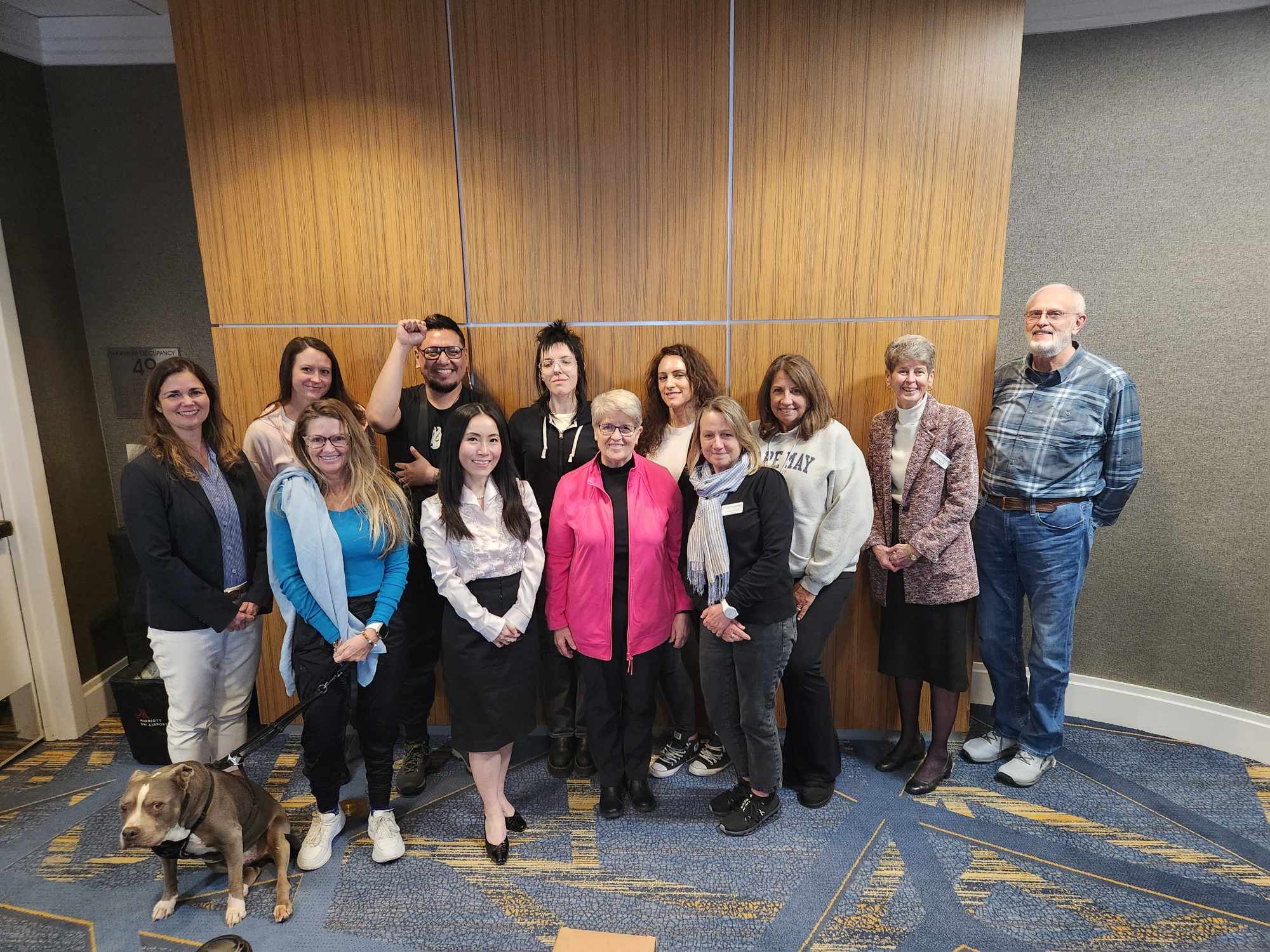
Conference 2025 Wrap-Up: Advancing Prevention Strategies to End Human Trafficking
BALTIMORE, MARYLAND / AGILITYPR.NEWS / February 07, 2025 / The Alliance to End Human Trafficking hosted Conference 2025: Pathways to Prevention from February 5-7, 2025, at the BWI Airport Marriott in Linthicum, MD. This conference brought together experts, advocates, and stakeholders to explore innovative avenues for human trafficking prevention. The discussions focused on crucial topics such as shareholder advocacy, intergenerational trauma, skills for parents, forced migration, labor trafficking, and trafficking on college campuses.
A Powerful Start: Keynote and Opening Reflections
The conference commenced with an Opening Prayer and Mass led by Bishop Bruce A. Lewandowski, C.Ss.R., Auxiliary Bishop of Baltimore. This was followed by an inspiring keynote address by Monalisa, a Practitioner in Residence at the University of Notre Dame and Co-Founder of the Socio-Legal Impact Organization Kahee Institute. Her speech, “What Did You Heal From?” set a reflective tone for the conference, emphasizing resilience and the journey toward justice. Monalisa’s keynote provided a global perspective on healing from trauma and preventing exploitation. Drawing from her extensive experience working with survivors across different countries, she highlighted the shared struggles and resilience of trafficking survivors worldwide. She spoke about her ongoing efforts to provide socio-legal support for survivors, focusing on legal advocacy, mental health care, and economic empowerment.
Day Two: Deep Dives into Prevention Strategies
The second-day sessions delved into specific challenges and solutions within human trafficking prevention:
- Understanding ACEs and Intergenerational Trauma: Dr. Marianne Thomas explored how adverse childhood experiences (ACEs) contribute to vulnerabilities and how trauma-informed approaches can aid prevention.
- Migration and Vulnerabilities: Sr. Eileen McKenzie, FSPA, discussed the intersection of migration and human trafficking.
- Labor Trafficking Prevention: Marcia Eugenio provided insights into trends and actionable steps in ending labor trafficking.
- Shareholder Advocacy: A panel by Sr. Ann Scholz, SSND, examined how financial influence drives corporate accountability.
A highlight of the day was the Survivor Panel, moderated by Cristian Eduardo, featuring Jenny Footle, Maria Tell, and Kris Wade. Their powerful testimonies reinforced the importance of survivor-informed solutions.
In the afternoon, breakout sessions continued, covering college campus vulnerabilities, youth engagement, the role of men in demand reduction, and policy considerations under the new administration.
The evening session, “Global Spotlight: Child Soldiers,” featured an esteemed panel, including Lieutenant Colonel Joseph Evans (US Army), Dr. Chris Faulkner (US Navy War College), Serena Tiberia (UN Department of Peace Operations), Colonel Phillimon Molate (Botswana Defense Attache), and Dan Griffin (Catholic Relief Services). Their discussion provided critical insights into child soldier recruitment and rehabilitation within global contexts.
Final Day: Moving Forward with Actionable Insights
Friday’s sessions focused on parenting strategies for prevention, trafficking of men and boys, racial dimensions of trafficking, and community awareness initiatives. Key speakers included Jan Edwards, Maxwell Swartz, Evelyn Chumbow, and Christine Commerce.
The conference concluded with a keynote by Rachel M. Poynter, Acting Deputy Director of the Office to Monitor and Combat Trafficking in Persons, who emphasized the ongoing policy efforts and international collaborations against trafficking. Poynter addressed the specific challenges the United States faces, including labor exploitation, domestic trafficking networks, and the intersection of trafficking with immigration policies. She detailed current initiatives being implemented to strengthen protections, prosecute traffickers more effectively, and engage local communities in awareness efforts.
Acknowledgments and Gratitude
The success of
Conference 2025: Pathways to Prevention was made possible through the generous support of our sponsors: Conrad N. Hilton Foundation, Conrad N. Hilton Fund for Sisters, TriHealth, School Sisters of Notre Dame, Sisters of Mercy of the Americas, Sisters of Charity of Cincinnati, Religious of the Sacred Heart of Mary (Western American Area), Adorers of the Blood of Christ (United States Region), and School Sisters of Notre Dame (Atlantic-Midwest Province). We extend our heartfelt gratitude to all speakers, panelists, moderators, and attendees who contributed to this event’s discussions and collaborative spirit.
As we move forward, we remain committed to implementing the strategies discussed and strengthening partnerships to prevent human trafficking. We look forward to seeing even greater progress at our 2026 conference.
Ending human trafficking is everyone’s work.

About Us
Alliance to End Human Trafficking was founded in 2013 by a group of Catholic Sisters
committed to ending human trafficking and supporting survivors. They created a national network of resources and support that includes many different congregations of women religious and mission-aligned partners. Today, this member-based organization has grown to include more than 115 congregations and another 100+ individuals and organizations spread throughout the United States. AEHT is also the U.S. member of Talitha Kum, the international network of consecrated life working to end human trafficking.
Contacts
Waed
Communications Director
waed@alliancetoendhumantrafficking.orgAl-Nimri
Phone: 6892175750
https://alliancetoendhumantrafficking.org/conference2025/